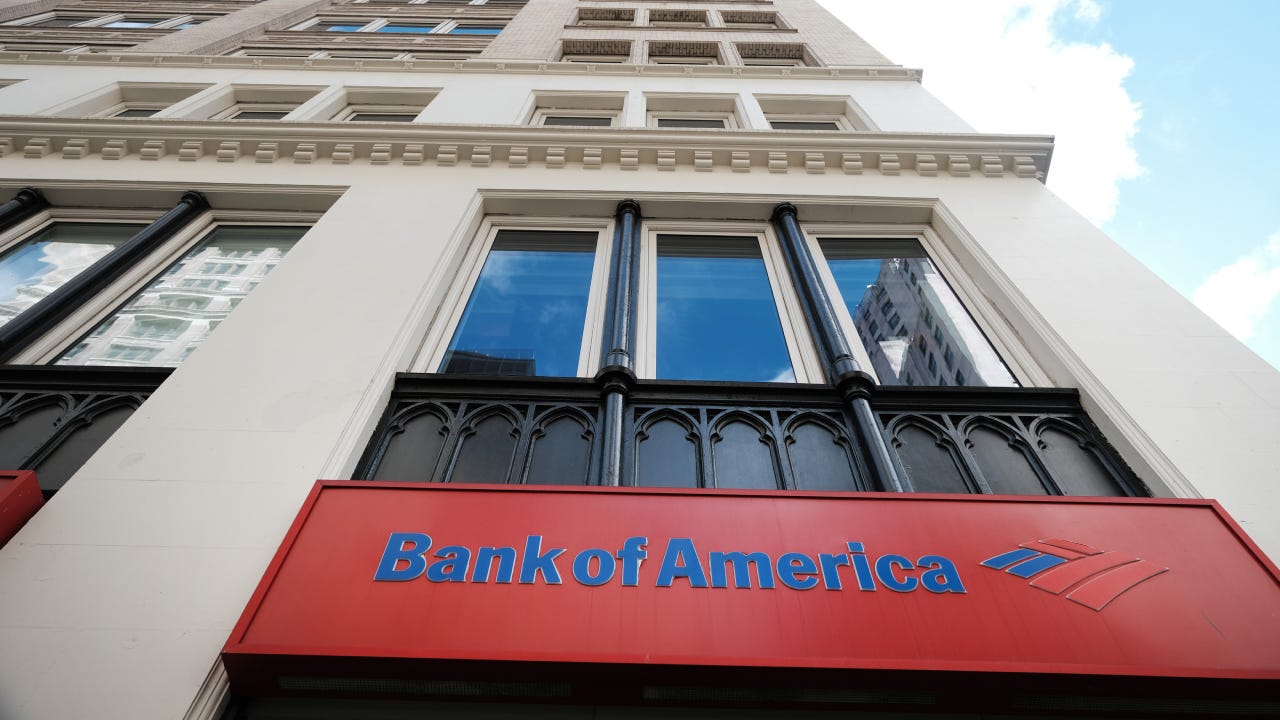Bank of America ordered to pay $250 million for doubling fees, opening fake accounts

On Tuesday, July 11, the Consumer Financial Protection Bureau (CFPB) stated that Bank of America has engaged in several illegal practices, including double-dipping on NSF (nonsufficient funds) fees, withholding credit card bonuses and opening fake accounts.
The CFPB charged Bank of America $90 million in civil penalties. The bank will also have to pay $60 million in penalties to the Office of the Comptroller of the Currency (OCC) for its illegal double-dipping on fees. Meanwhile, the CFPB ordered Bank of America to pay an additional $100 million to affected customers, for a grand total of $250 million that it owes.
This isn’t the first time Bank of America has fallen under the CFPB’s scrutiny. In 2022, the bank was fined twice by the government agency: Once for unlawfully garnishing accounts and in another instance for botched disbursement of unemployment benefits during the COVID-19 pandemic.
Bank of America announced that it was eliminating NSF fees and reducing overdraft fees last year.
But while Bank of America was still imposing NSF fees, which were $35 per charge, the CFPB found that the bank would frequently allow these fees to be charged repeatedly for the same transaction — resulting in unlawful double charges to some customers.
The bank is also being penalized for failing to honor promised credit card bonuses and illegally using customers’ credit card reports to open unauthorized accounts.
“These practices are illegal and undermine customer trust,” said CFPB Director Rohit Chopra.
The CFPB has been cracking down on charges it refers to as “illegal junk fees” in recent years. In January 2022, it launched an initiative to combat surprise overdraft fees and surprise depositor fees.
Though Bank of America has taken steps to reduce NSF and overdraft fees, many banks still charge these fees, and they can be costly. NSF fees cost $26.58 on average per transaction, according to Bankrate’s checking account fee study.
If you suspect that you’re illegally being charged NSF or overdraft fees — such as by incurring multiple fees for the same transaction — you can submit a complaint to the CFPB.
Why we ask for feedback Your feedback helps us improve our content and services. It takes less than a minute to complete.
Your responses are anonymous and will only be used for improving our website.






